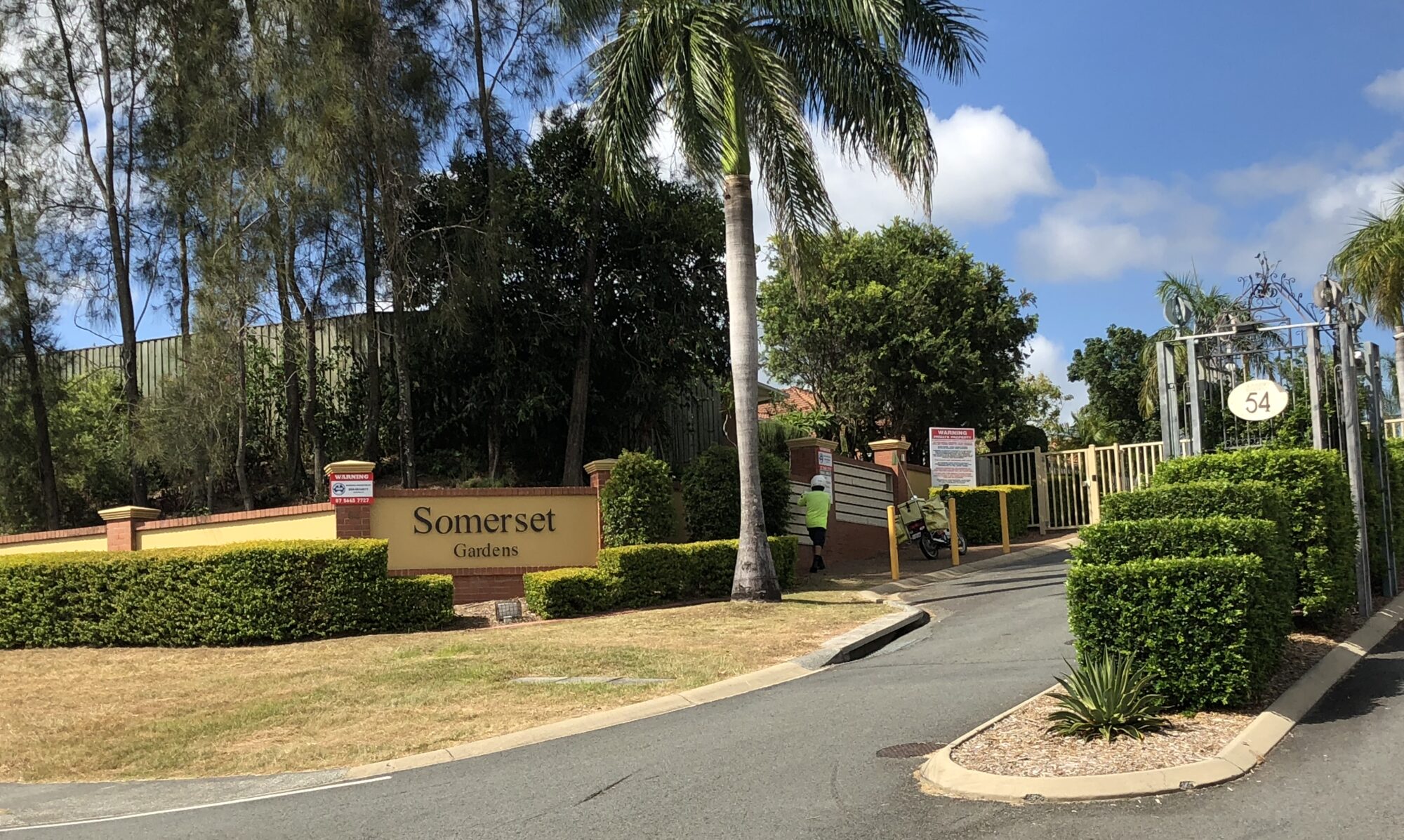A resident who lives on the top floor of our apartment building has sought approval to place insulation in the space between the ceiling and the roof.
This space has fire sprinklers, air conducting ducting and lighting. It is common property. It is intended that the insulation be sprayed into the ceiling.
Initially, the project was to include wall cavities – but this has now been abandoned. The total cost is $2700 (GST inclusive).
This is an application by a lot owner to improve common property.
The question is – who can approve the application?
I understand the law provides that there are minor and major improvements to Common Property. Minor improvements are under $3000 and can be approved by the committee. Major improvements are over $3000 and must go to a general meeting.
We are regulated by the accommodation module. Work cannot be segregated to get under the $3000.
Is my interpretation of the law correct? Also what issues should be considered when granting approval?
Answer: Beyond the dollar value, the committee must act reasonably and this might take on a few forms.
Your interpretation is right. If it’s an improvement to common property then authorisation is based upon the value of the improvement.
Beyond the dollar value, the committee must act reasonably and this might take on a few forms. The committee might think it reasonable, for example, to query if any improvement impinges upon amenity or may cause a nuisance in the future. What about conditions? Is the work likely to cause disruption on the scheme? Does the committee have enough information in front of it (e.g., quotes, drawings, reports) to make a decision?
Also, are there any by-laws for the scheme which have an impact on this authorisation?
These would be your consideration in the scenario you describe.
Chris Irons
Hynes Legal
E: chris.irons@hyneslegal.com.au
P: 07 3193 0500
The idea of splitting up the invoices is interesting. Maybe it could work if there were no objections, although it might be hard to come up with a good answer if someone thought this should be treated as the one project. My guess too is that the work you view as internal only – wiring – is likely to touch on body corporate property at some stage and so should be approved by the body corporate.
One alternative favoured by some body corporates would be to allow you to undertake the works now and have them retro-actively approved at the next general meeting. Of course, this doesn’t strictly adhere to the law, but it is a means by which you can get the works done and the body corporate can have them approved. The big question with doing it this way is what happens if the body corporate rejects your proposal at the AGM? Do you have to undo the works? Does the body corporate have to take legal action against you to make you undo them? Or do you have to take legal action against the body corporate to have the works approved? Most of the time this option works OK, but it can get messy when these things go wrong.
The upshot is that there probably isn’t a satisfactory answer to your question. Ideally the legislation would be changed to make it easier and more effective for both owners and body corporates, but Queensland is proving particularly slow in adapting to the changing demands of a rapidly expanding industry so don’t expect help from legislators any time soon. Maybe you could address your issues to your local MP or the SCA – the more people who do so the more momentum there is for change.
William Marquand
Tower Body Corporate
E: willmarquand@towerbodycorporate.com.au
P: 07 5609 4924
